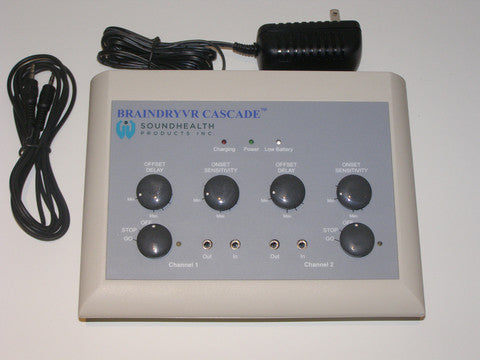Exploring The Way Sleep Ailments Interfere with Neural Oscillation Function and Impact Cognitive Function
Exploring The Way Sleep Ailments Interfere with Neural Oscillation Function and Impact Cognitive Function
Blog Article
Sleep is an crucial part of our everyday lives, allowing our bodies and mental faculties to repose and rejuvenate. However, many individuals suffer from slumber disorders, which can considerably disturb sleep patterns. These disorders can result to multiple issues, including alterations in neural wave activity. Brainwaves are electrical impulses in the mind that indicate our cognitive state and function. When sleep is interrupted, the typical patterns of brainwaves can be affected, resulting to issues with cognitive function, such as memory, focus, and decision-making.
There are various types of sleep disorders, including sleeplessness, slumber apnea, and restless leg syndrome. Sleeplessness is characterized by difficulty going or remaining asleep, while slumber apnea entails interruptions in respiration during sleep. Unsettled leg syndrome causes discomforting feelings in the limbs, resulting to an compelling desire to move them. Each of these disorders can disturb the normal sleep cycle, which consists of various stages, including light sleep, profound sleep, and REM (rapid eye movement) sleep. Each stage holds a vital role in maintaining overall brain health and function.
When sleep disorders disturb with these stages, brainwave activity can become irregular. For instance, during deep sleep, the brain generates slow delta waves, which are important for physical restoration and recall consolidation. If a individual experiences repeated awakenings or does not reach deep sleep, the generation of these qEEG and sleep disorder therapy delta waves is reduced. This can lead to difficulties in learning new knowledge and retaining memories. Additionally, REM sleep, which is linked with fantasizing and emotional processing, is also impacted. Disruptions in REM sleep can result to problems with affective regulation and inventiveness.
The effect of sleep disorders on cognitive function is substantial. Research has shown that individuals with sleep disorders often experience challenges with focus and concentration. This can influence their capability at educational institutions or work, making it challenging to finish tasks or participate in discussions. Furthermore, long-term sleep deprivation can result to emotional changes, heightened stress, and even anxiety or melancholy. These mental and affective challenges can create a vicious cycle, where inadequate sleep leads to mental difficulties, which in turn can lead to more sleep problems.
Tackling sleep disorders is essential for improving brainwave activity and mental function. Treatment options may include lifestyle changes, such as creating a consistent sleep schedule, creating a cozy sleep environment, and practicing relaxation techniques. In some cases, clinical intervention may be necessary, such as using a CPAP machine for slumber apnea or medication for insomnia. By valuing sleep and seeking appropriate care, people can enhance their overall mental abilities and boost their quality of life. Understanding the connection between slumber disorders, brainwave activity, and cognitive function is an essential step toward improved health and well-being.